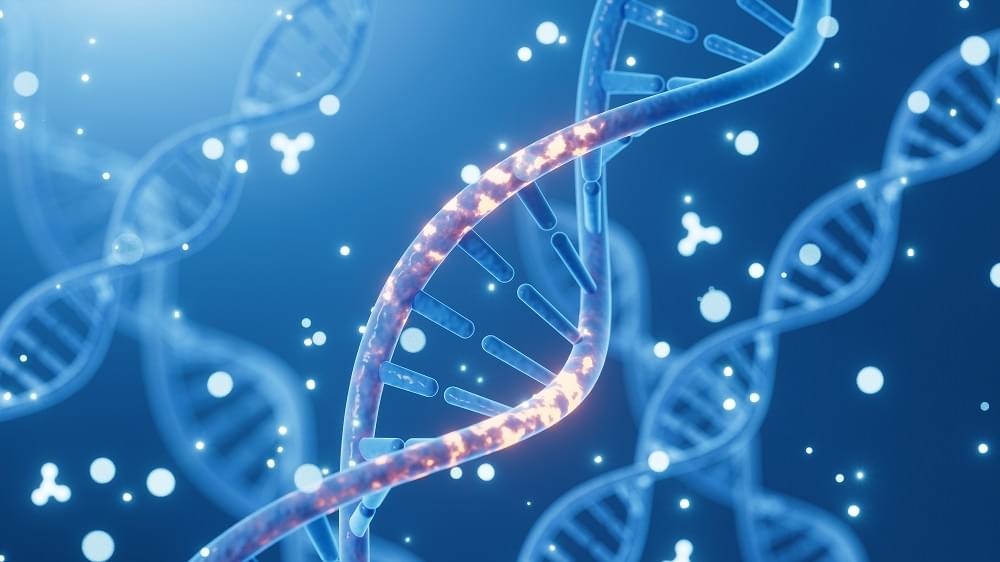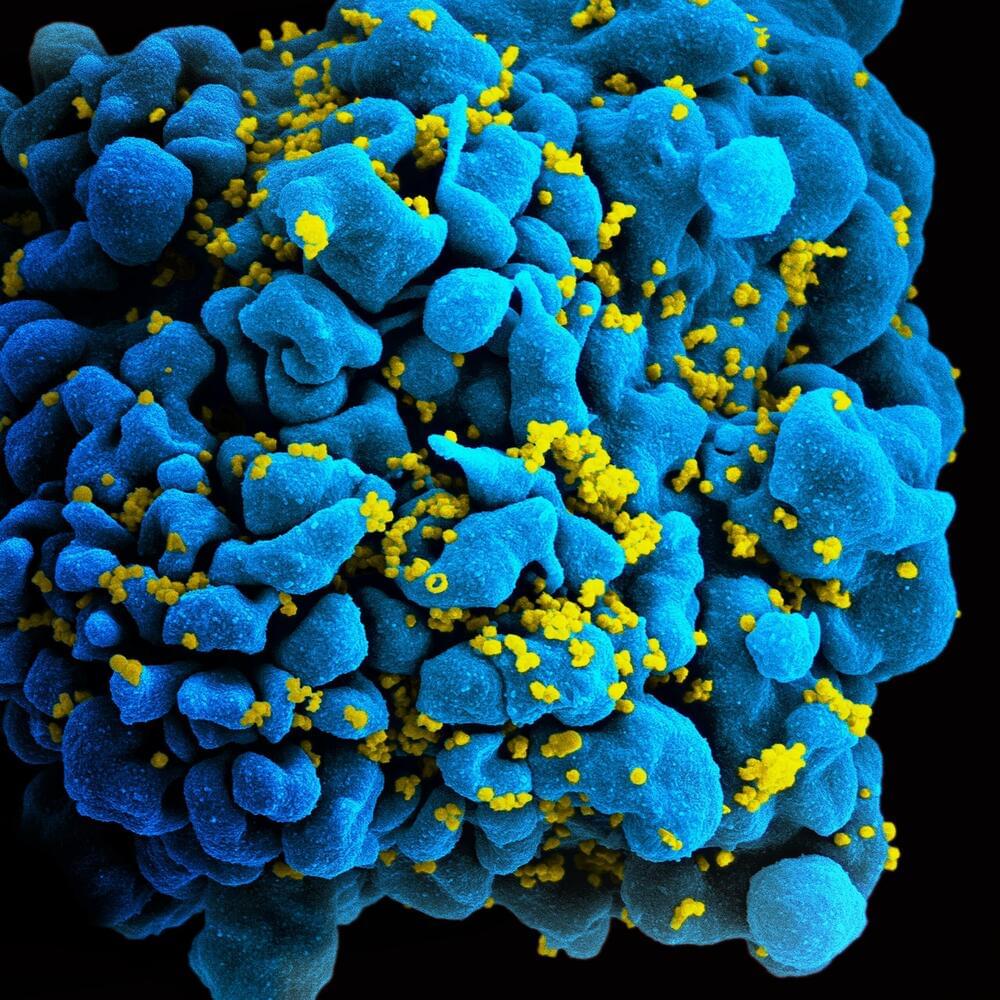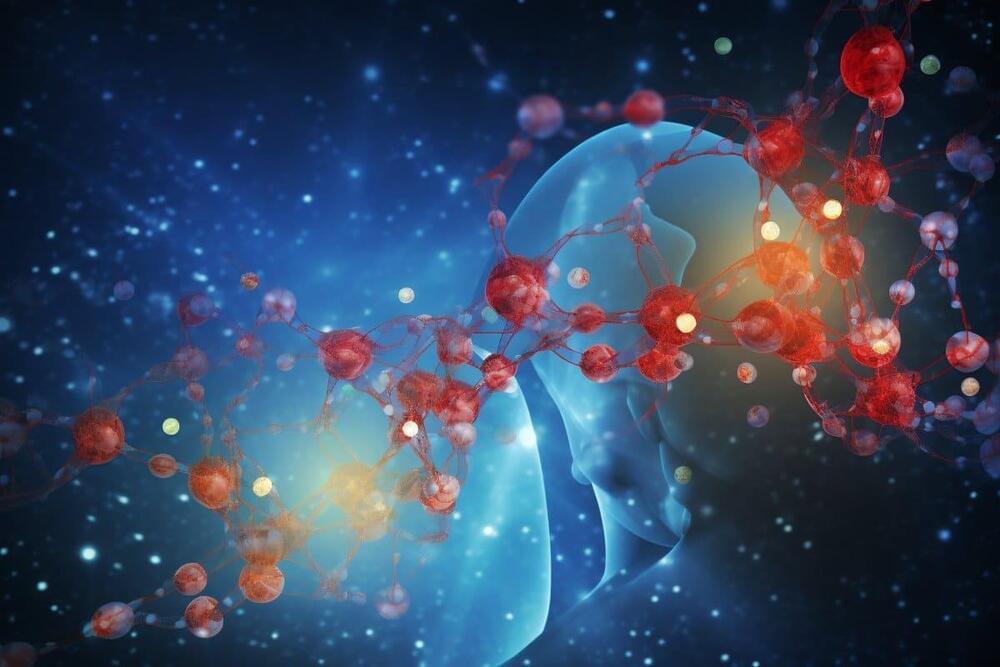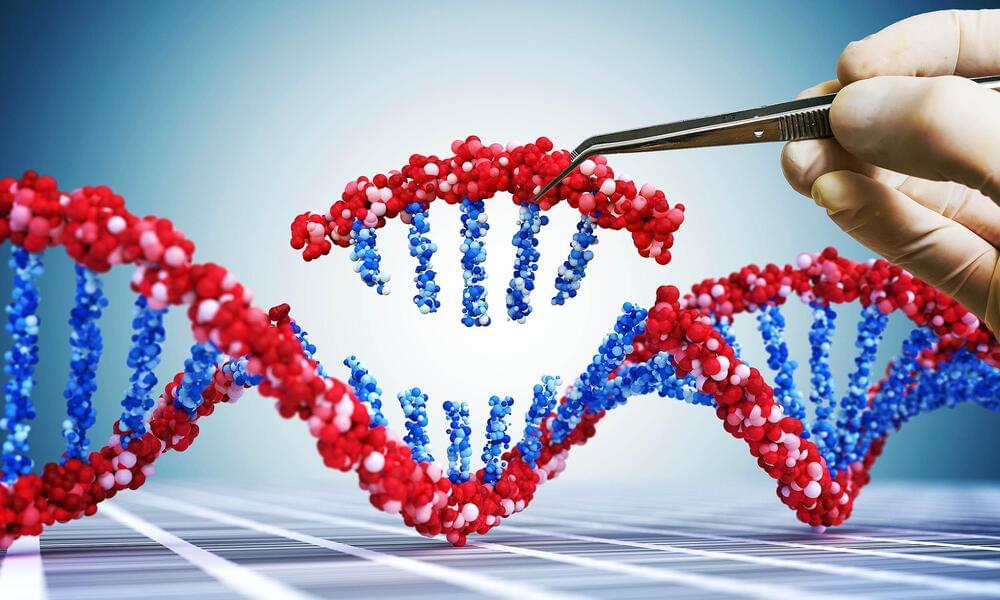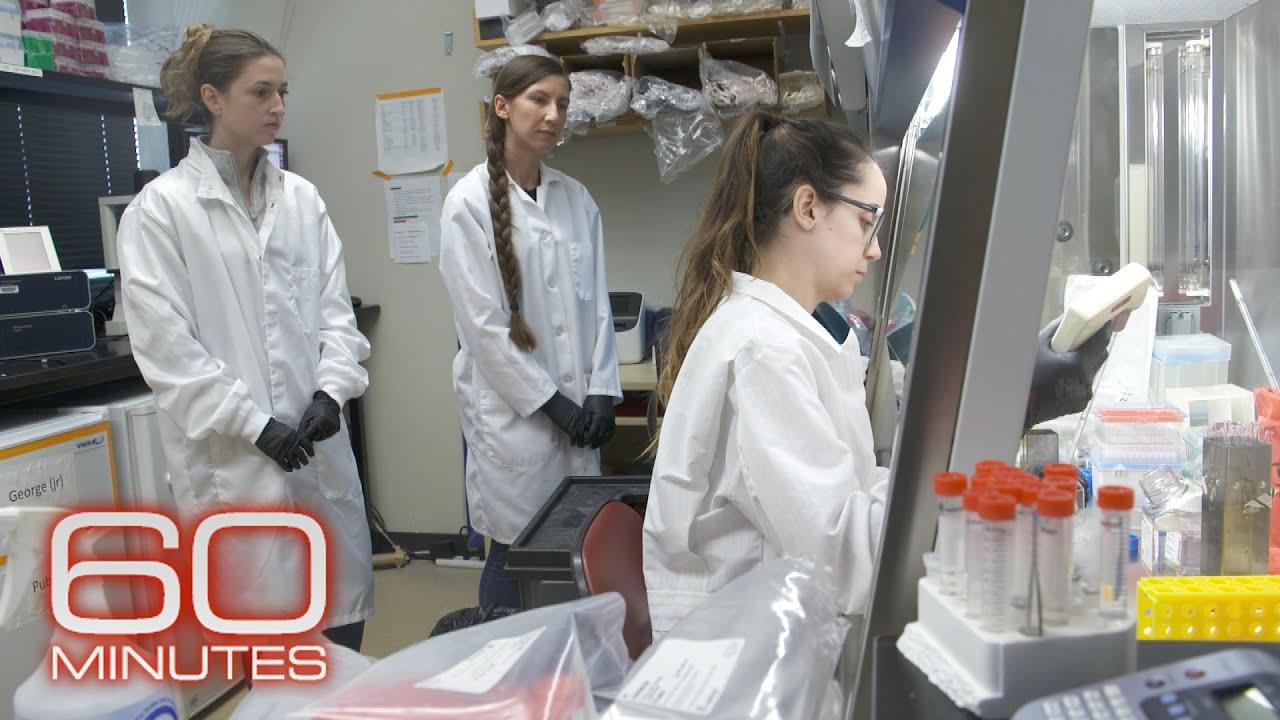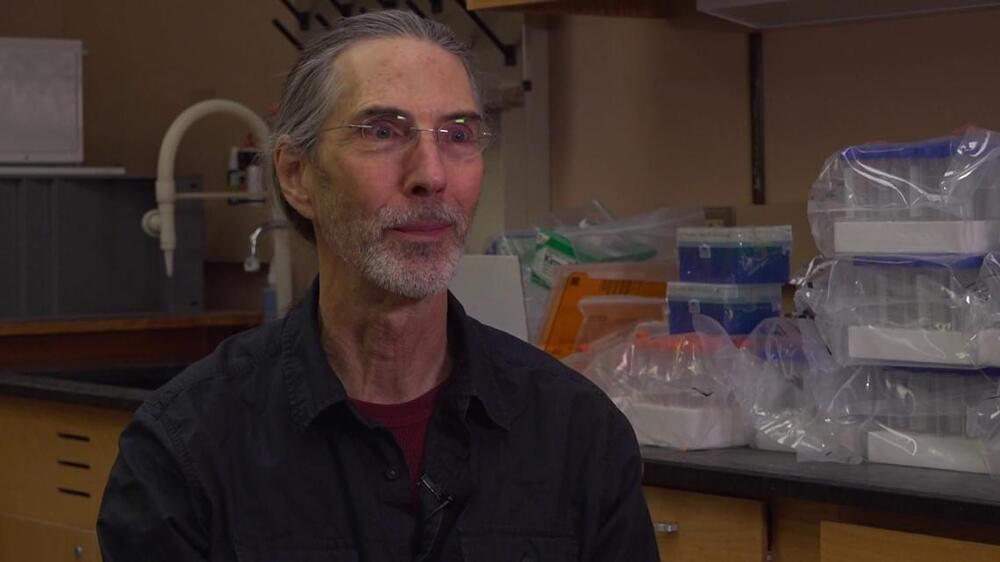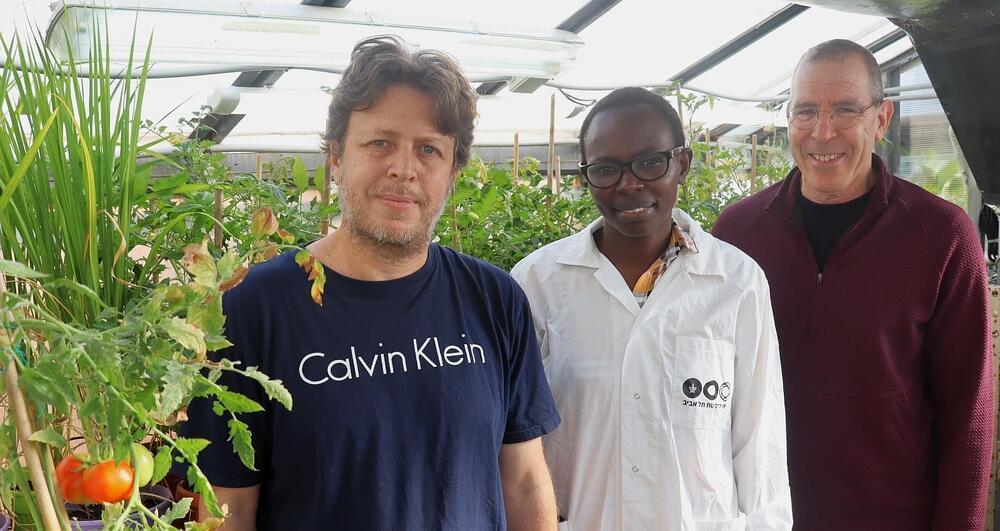Feb 16, 2024
Reprogramming Cells for Rejuvenation
Posted by Dan Breeden in categories: biotech/medical, chemistry, genetics, life extension
The authors of a recent review published in Ageing Research Reviews summarize the research on epigenetic reprogramming and its potential as a rejuvenation therapy [1].
Aging leads to changes in the epigenome. Those changes can lead to alterations in gene regulation, affecting cellular homeostasis, and can play a role in age-associated phenotypes. Epigenetic modifications, the addition or removal of chemical groups to the DNA or DNA-associated proteins, have a profound impact on gene expression, tissue functions, and identity [2].
This review’s authors believe epigenetic reprogramming to be among the most currently promising interventions to stop or delay aging, potentially even reversing it at the cellular level. They believe that epigenetics are the basis of aging; therefore, being able to impact the epigenome would allow them to address multiple Hallmarks of Aging simultaneously.
